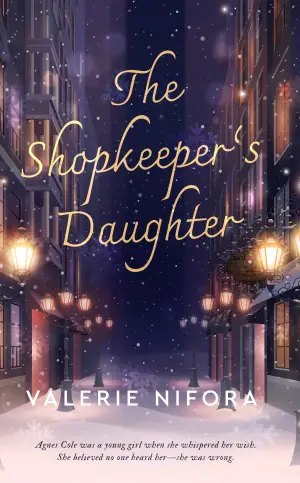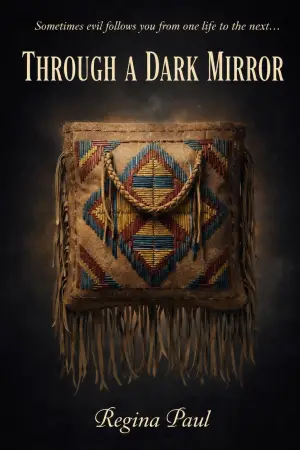“Before We Were Yours” by Lisa Wingate is a powerful narrative that intertwines past mistakes and present discoveries within the framework of a historical scandal that captured my attention from the start. I picked this book partly due to my interest in historical fiction and partly due to its compelling premise—an exploration of lost family connections and the haunting consequences of a corrupt system.
Set in Memphis in 1939, the story follows twelve-year-old Rill Foss and her siblings, who live a seemingly idyllic existence aboard their family’s shantyboat. However, a seemingly routine event spirals into a nightmare, as they are taken from their home and thrust into the Tennessee Children’s Home Society orphanage—where they encounter unimaginable hardships. The parallel narrative features Avery Stafford, a modern-day federal prosecutor, who, during a family crisis, discovers unsettling truths about her family’s past.
The positive aspects of this book are numerous. First and foremost, Wingate’s writing is both evocative and descriptive, allowing readers to immerse themselves in the world she has created. As noted in one review, the narrative’s emotional depth pulls you in, evoking feelings of anger and hope. The well-developed characters, especially Rill and Avery, make it easy to connect with their experiences and struggles. I particularly appreciated how Wingate deftly toggles between timelines, keeping the story engaging and suspenseful. The emotional weight of the historical context—namely the real-life scandal involving Georgia Tann—adds another layer of depth, making each chapter feel significant and impactful.
Another compelling aspect is the way the book resonates with readers on a personal level, prompting reflection about family connections and histories. As one reader pointed out, the family bonds depicted in the story run deep, showcasing resilience in the face of adversity.
That being said, the book isn’t without its drawbacks. Some readers found the pacing uneven at times, especially during sections that leaned heavily on background information rather than progressing the plot. While these sections were necessary for grounding the story in reality, they occasionally pulled me out of the emotional immediacy. Also, while the dual timelines were intriguing, I felt that Avery’s modern narrative occasionally seemed less captivating compared to Rill’s harrowing experiences, which took the forefront of my interest.
Despite these slight imperfections, “Before We Were Yours” largely met and, at times, exceeded my expectations. The author manages to weave an unforgettable tale that is both heart-wrenching and hopeful, capturing the essence of familial love against all odds. The book serves as a necessary reminder of the importance of understanding our past and urging us to think critically about the systems that govern our lives.
In conclusion, I would highly recommend “Before We Were Yours” to anyone who enjoys historical fiction that digs deep into human emotions and societal issues. It’s a tale of love, loss, and the enduring bonds of family, one that will stick with you long after you turn the last page. You may find yourself reflecting on its themes in your own life, making it a truly enriching read. If you haven’t yet picked up this bestseller, I urge you to do so; it’s a journey worth taking.
Discover an unforgettable story of love and resilience in Before We Were Yours: A Novel. >>








